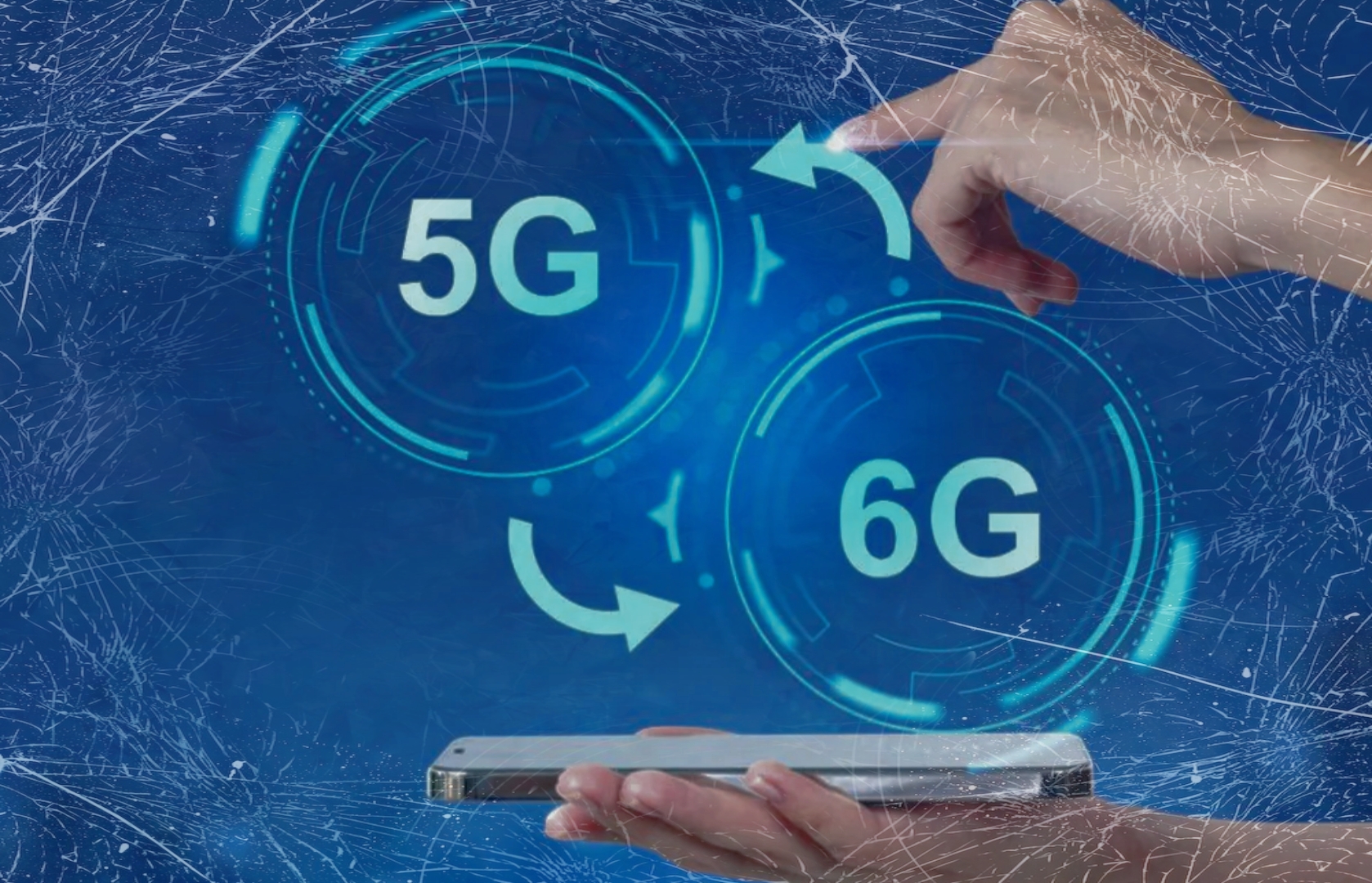Introduction
The Future of Mobile Internet Speed The mobile internet technology is quickly advancing with 2025 being a watershed. While 5G networks are continuing to spread all over the world, the decision-making arena is already buzzing with talk about 6G technology, which is the presumed successor to ultra-fast mobile connectivity. Both promise to deliver revolutionary speeds, ultra-low latency, and new opportunities for smartphones, gaming, AI, and smart cities. What exactly will distinguish them, and how will they interact with our digital lives? In this 5G-and-6G clash, Apkcham offers 5G vs. 6G mobile internet speed features, benefits, and real-life impacts of both.
Understanding 5G – The Current Standard in Mobile Internet
5G mobile internet denotes the 5th generation of wireless communication technology, and it has already been revolutionizing the very nature of connectivity. With the download speeds that have been rated as high as 10 gigabits per second, 5G is up to 100 times faster than 4G LTE. High-resolution movies can be downloaded in a few seconds, play online games with absolutely no latency, and watch them being streamed in 4k without disruptions.
One of the strongest advantages of 5G internet speed is ultra-low latency, which is the time in which data travels from one device to the other. A latency lower than 1 ms means that cloud gaming, remote surgery, and autonomous driving become truly reliable. This is why 5G technology is being embraced rapidly by industries ranging from healthcare and transport to manufacturing.
Another characteristic of 5G is the ability to connect many more devices at the same time. This is vital for the Internet of Things, where smart homes, wearables, and connected cars seamlessly communicate in real-time.
However, there are certain areas that are justly placed despite this massive speed and reliability. Construction of the infrastructure itself is time-consuming, and in rural regions, users might not yet be experiencing the full benefits of 5G mobile internet. Best photos editing app
Presenting 6G – The Next Generation of Mobile Internet Speed
While 5G deployment is blitzing across the globe, researchers and telecom companies have had their eyes firmly set on 6G. Commercial launch of this game-changing technology is estimated around the year 2030.
With theoretical internet speeds of 1 Tbps, 6G promises to be 100 times faster than 5G, making lot of futuristic technologies like real-time holographic calls, engaging VR experiences, and AI-driven communication an everyday affair. Just think about downloading hundreds of movies within a second or streaming ultra HD 16k videos buffer-free!
Like 5G networks, the 6G connectivity will have ultra-low latency, but even more advanced, perhaps reaching the microsecond range. Such near-instantaneous communication will help enable an interesting array of technologies ranging from self-driving cars, AI-powered robotics, smart cities, and brain-computer interfaces.
6G networks are expected to be more energy efficient and eco-friendly. Modern AI algorithms will manage data transmission optimally. Hence, 6G can hopefully guide mobile internet towards a faster, greener, and sustainable future.
5G vs 6G – Key Differences in Mobile Internet Technology
Comparing 5G vs 6G, it is apparent that both represent massive improvements over older mobile networks; however, what sets them apart are speed, latency, capacity, and putative applications.
Speed:
5G Speed: Up to 10 Gbps
6G Speed: Up to 1 Tbps
6G is expected to be 100 times faster than 5G, enabling real-time data transfers for even the most demanding applications.
Latency:
5G Latency: ~1 ms
6G Latency: ~0.1 ms or less
This will allow near-instant communication between devices and systems.
Applications:
Support networks such as cloud gaming, 4K video streaming, IoT, and AR/VR.
6G networks will propel the foundation of holographic communication, AI-driven automation, advanced robotics, and ultra-immersive experiences.
Deployment:
5G internet is in widespread rollout across many territories.
6G technology is in development, with expectations for rollout circa 2030.
Real-World Benefits of 5G and 6G
5G mobile internet offers increased speed and stable connectivity, enhancing its powers for its users. Whether watching Netflix in 4K, playing competitive mobile games, or using video conferencing for work-from-home initiatives, 5G guarantees seamless, lag-free performance.
The benefits conferred by 6G mobile internet will be fitted for revolutionary change in the industries of healthcare, education, and entertainment. Picture a scenario where surgeries are performed remotely on zero latency, where AI can superimpose in real classrooms, or convey messages to autonomous vehicles instantaneously, averting accidents.
Challenges in 5G and 6G Adoption
Both technologies promise to shine someday; however, challenges surround 5G and 6G. 5G challenges include its infrastructural difficulties and restrictions in coverage toward remote areas. 6G challenges would be in the complex construction of ultra-high-frequency networks, worldwide standardization, and the AI communication security problem.
The Future of Mobile Internet Speed
The transition from 5G technology to 6G technology stands as a giant leap in connectivity. In the year of 2025, 5G networks are sprawled and set to alter our online experiences, whereas 6G will weave miracles far and beyond building bridges to portals into the whole new dimension of connectivity, probably now perceived as science fiction.
Apkcham holds that there is an inseparable link between the enhancement of mobile Internet speed and our ability to collaborate, innovate, and create. 5G or 6G, whether a casual smartphone user or a die-hard techie, this is one revolution one will need to watch.
Conclusion
In the contention 5G vs. 6G, no competition really exists; both sit in their respective spaces on the timeline of mobile internet evolution. 5G networks are up and functioning in the now, making our online existence increased in speed and reliability. 6G technology lies in the future, with promises of extraordinary speed, near-zero latency, and endless possibilities for advancement.
By then, 5G internet speed will influence the change in the way we live, work, and play, until 6G mobile internet becomes a gargantuan reality and it will be just the onset of the mobile internet revolution.
